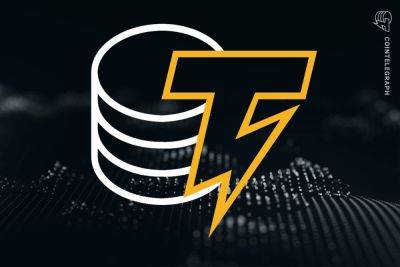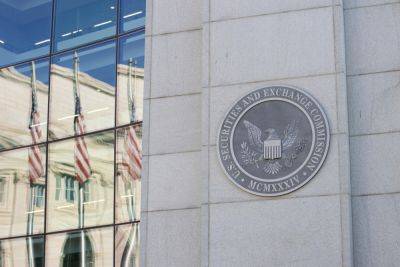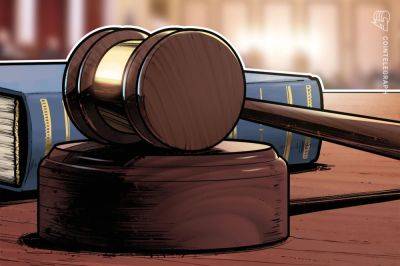Securities regulators oppose special treatment of crypto in Coinbase case
Digital assets should not be seen as “somehow special,” nor should action against Coinbase be seen as “novel or extraordinary,” argues an association of North American securities regulators.
In an Oct. 10 filing in the United States District Court for the Southern District of New York supporting the U.S. Securities and Exchange Commission (SEC), the North American Securities Administrators Association (NASAA) argued that digital assets need not be given any special treatment when it comes to applying securities laws.
TradFi grey hairs file Amicus Curiae on behalf *drum roll* the SEC, in SEC vs. Coinbasehttps://t.co/ukeHcfcX8B
NASAA landing page screenshot and story attached. PROTECT. pic.twitter.com/DczmmRVlm5
In June, the SEC sued Coinbase, accusing the publicly traded crypto exchange of violating federal securities laws. Coinbase fired back, arguing that digital assets and services it provided did not qualify as securities and that the agency was overreaching.
However, NASAA general counsel Vincente Martinez argued the SEC’s position is neither “novel or extraordinary.”
The agency argued that the SEC doesn’t have to get explicit congressional authorization before applying established law to digital assets.
One of the cornerstones of the lawsuit is expected to come from the judge’s interpretation of the Howey test, which is used to determine what qualifies as an investment contract. Coinbase has argued digital assets don’t satisfy all prongs of the test.
Martinez argued the Howey test was designed to be flexible enough to encompass all manner of technological advancements in the securities markets, including securities sold and traded on blockchains — similar to arguments previously made by the SEC.
“The Court should reject
Read more on cointelegraph.com






















